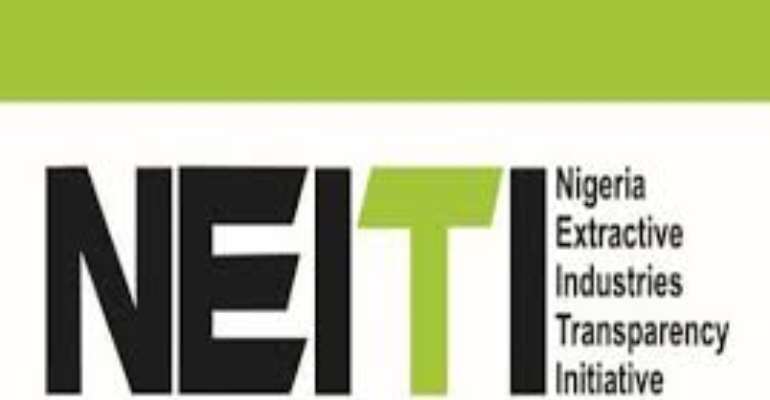NEITI to list names of oil block beneficiaries

The Nigeria Extractive Industries Transparency Initiative's (NEITI) ongoing 2012 audit of the oil and gas sector will disclose extant details of crude oil blocks licence holders in the country, the Chairman, National Stakeholders Working Group of NEITI, Mr. Ledum Mitee, has said .
n
Mitee said the move was in accordance with the revised reporting standards that were recently unveiled by the global Extractive Industries Transparency Initiative.
n
.
He spoke at a workshop organised to educate civil society organisations in the extractive industries on the new standards in Abuja on Thursday.
n
According to him, the disclosure will enhance greater transparency and accountability in crude oil production and revenue receipts.
n
Nigeria oil and gas sector hitherto operates an insular system where most licence holders of crude oil blocks in Nigeria are hardly known.
n
The NIEIT chief said the disclosure was expected to come under the caption 'disclosure of beneficial ownership' and would be part of the revised EITI natural resource audit reporting standard.
n
'The revised standards require, for instance, disclosure of production figures, revenue flows to state, local and other accounts, as well as disclosure of ownership of the licence holders (disclosure of beneficial ownership),' he said.
n
Mitee said that the new standard was adopted in May 2013 at EITI's last conference in Sydney, Australia, adding that the standard retains the majority of the requirements of the hitherto existing transparency initiative rules.
'But it is now significantly restructured into a smaller set of requirements with clearer expectations that are geared towards producing and disseminating reports that are better grounded in national priorities and reforms,' he said.
n
The NEITI chief said that new approach would require increased data transparency, especially on the part of state-owned companies on revenue collected for the government, as well as expenditure made on social services, public infrastructure and fuel subsidy payments.
